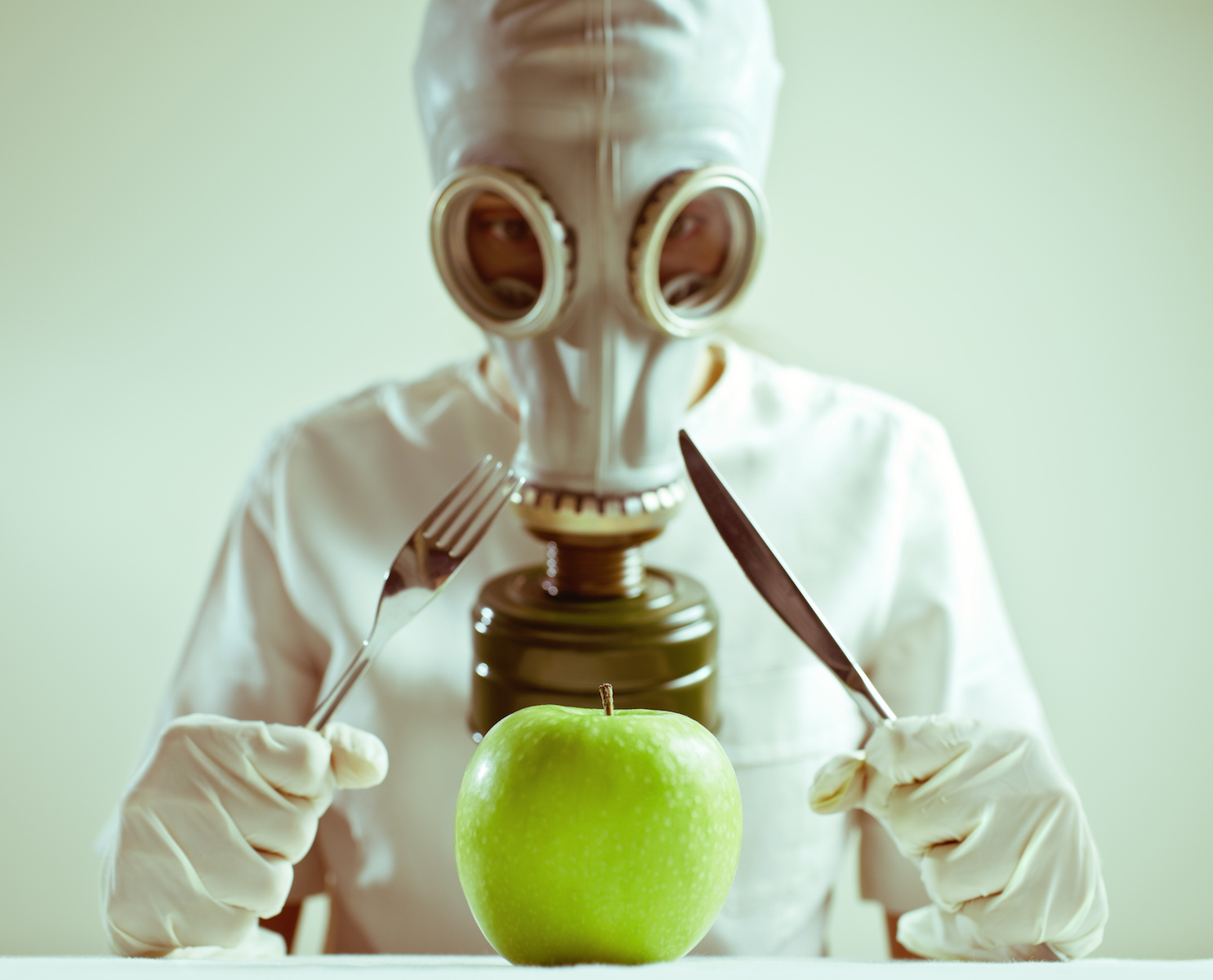
It turns out that we might not be able to trust the packaging on some of our food products. The packaging might market the food as something else entirely or fail to mention some questionable additions.
Masqueraders in Our Food
In the past few years, lab tests have found some interesting add-ons and substitutes in our food:
“Oregano” where 40% of the product turned out to be leaves from myrtle and olive trees, which were likely drenched with pesticides
Beef that contained or was entirely made of horse meat
Cheap fish marketed as a more expensive kind
Chicken that was contaminated with arsenic, a heavy metal that may increase a person’s risk for cancer, for the purpose of fighting off parasites and speeding up growth
Milk that has been watered down with rice protein or hydrolyzed leather to raise its protein content and therefore its price
Milk containing formaldehyde, a deadly poison, as a preservative (1)
Not to mention the many pesticides that lace commercial fruits and vegetables or the countless preservatives and artificial dyes contained in processed food.
Avoid the Fakes
Your best bet for avoiding questionable ingredients, pesticides, and dangerous chemicals is eating organic foods.
Some commercial foods may be much more contaminated than others. You might consider avoiding conventional versions of the following foods:
Apples
Celery
Cherries
Cherry tomatoes
Collard greens
Cucumbers
Grapes
Hot peppers
Kale
Nectarines
Peaches
Potatoes
Spinach
Strawberries
Summer squash
Sweet bell peppers
Tomatoes
Be sure to preferably eat organic versions of those.
Other foods you might want to avoid include:
Canned foods. The lining of cans may contain BPA, a chemical that is linked to birth defects, neurological diseases, heart disease, and cancers. Instead of canned foods, go with fresh food products or buy from brands that use glass containers instead.
Processed meats come from animals that have been given growth hormones, antibiotics, and other drugs as well as chemicals linked to cancers. Many processed meats contain other chemicals that could become carcinogenic when cooked. Instead, eat fresh, organic, grass-fed meat or wild-caught fish.
Margarine may be a huge source of trans fats, free radicals, preservatives, and dangerous and toxic chemicals. These “ingredients” make margarine nothing but a precursor to bone problems, cancer, growth problems, heart disease, hormonal imbalances, infertility, learning disabilities, low birth weight, and skin disease. Opt for organic butter made from grass-fed cows instead.
Many vegetable oils are highly processed and, when eaten excessively, could distort the ideal 1:1 ratio between omega-3 and omega-6 fats. Cooking with vegetable oils could be problematic because of heat. Heat oxidizes oil, making it unsafe to eat and making it a source of vascular disease. Heat also oxidizes cholesterol, turning it from good cholesterol to bad cholesterol. Coconut oil, however, is almost entirely a saturated fat and therefore less vulnerable to heat damage. If you need cooking oil, coconut oil would be an excellent option.
The grease-proof packaging used for microwavable popcorn may be lined with perfluorooctanoic acid, which could be considered carcinogenic and is linked to cancer, immune system problems, infertility, and thyroid disease. If you still crave a salty snack to go along with your movies, try raw, organic salted nuts instead.
Processed table salt contains man-made chemicals not found in natural salt. Instead, use pure, unrefined, all-natural sea salt.
In the United States, most unfermented soy products might be genetically engineered. Unfermented soy products are linked to cancer, cognitive issues, heart disease, infertility, malnutrition, reproductive disorders, thyroid dysfunction, and problems related to the digestive and immune systems. If you consume soy, make sure it’s only properly fermented organic soy.
Artificial sweeteners may be worse for you than actual sugar because they may promote appetite, cravings (especially for carbohydrates), and weight gain. Since sugar isn’t great for you either, get your sweet fix from organic fruits, but be sure to eat them in moderation.
One of the best ways you can be sure of what you’re eating is to grow or raise it yourself. If you have the space and means to grow your own fruits, herbs, and vegetables or even raise your own chickens, consider doing so! Regardless of whether or not you grow and raise your own food, keenness and research are crucial in ensuring that the food you eat is exactly what it says it is.
Sources:
http://www.bbc.com/future/story/20160726-toxins-uncovered-at-a-food-fraud-lab

